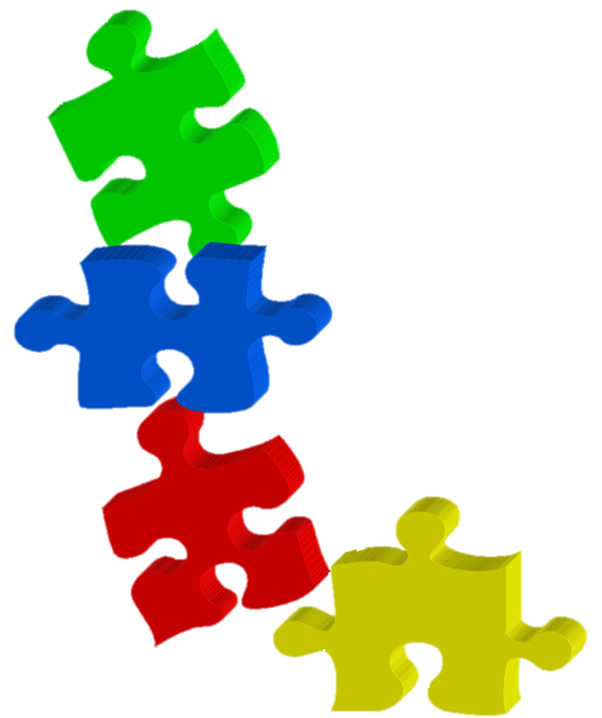Assessment
Why we assess at SEJ
Assessment is a compulsory and crucial part of teaching and learning. Without accurate and purposeful assessment, we would be unable to celebrate children’s successes or identify their gaps in skills and understanding in order to move them forward. Our aim is for pitch-perfect teaching for all pupils through the use of laser sharp, forensic assessment.
How we assess at SEJ
We collate two forms of assessment: formative assessment and summative assessment.
Formative assessment
The majority of the assessment we carry out at SEJ is ‘formative assessment’. This is the ongoing assessment of how children are learning, undertaken by the teacher during the course of the learning process in each and every lesson.
This is an assessment for learning approach.
Summative assessment
Summative assessment is the assessment that takes place less frequently and measures how effective the learning has been.
This is an assessment of learning approach.
Both types of assessment are necessary, and both types of assessment take place at our school. However, the fact is that while summative assessment gives us – teachers, parents, pupils – valuable information about how well things are going, it does little by itself to improve learning. It is primarily concerned with measurement and comparison; however, here at SEJ we will only ever test to be able to teach accurately as opposed to the dated approach of teaching to be able to test.
Formative assessment, on the other hand, can make a real difference to the learning process – while in the moment of the learning – so that the outcome for the child will be better because of the reactive intervention and reshaping. This understanding underpins our approach to feedback too. Much of the feedback we provide our pupils is live verbal feedback – on the spot, in the lesson, face-to-face. This enables us to move children on in every lesson through highly personalised small next steps for each and every pupil.
As is statutory, our assessment judgements are made through pupils’ achievement of the National Curriculum objectives. However, our experience and understanding of children tells us that there are priority key skills that children require in order to be able to progress through the broader curriculum and achieve the expected standards at the end of Key Stage 2. From this knowledge, we have developed our non-negotiables for reading, writing and maths for each year group. These can be accessed by clicking the links below. Although we teach the full National Curriculum, these non-negotiables are at the forefront of our minds when we plan the next steps in learning.

